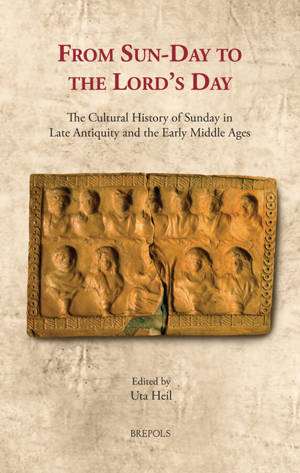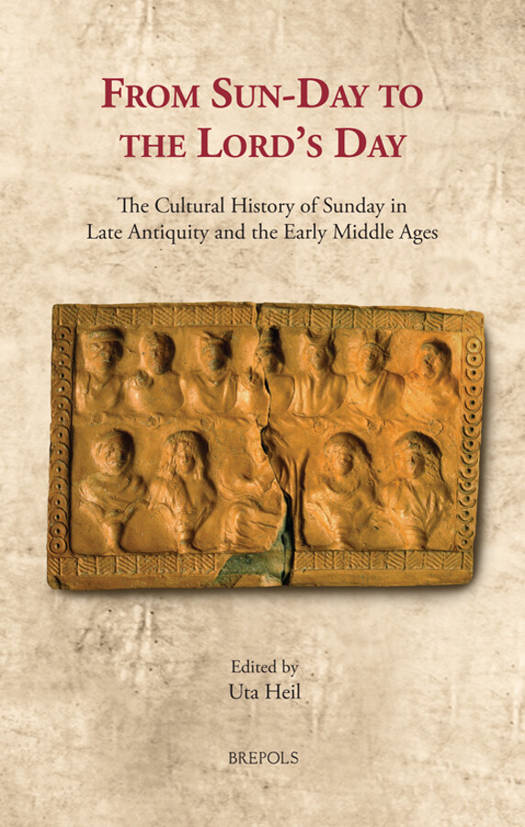
- Afhalen na 1 uur in een winkel met voorraad
- Gratis thuislevering in België vanaf € 30
- Ruim aanbod met 7 miljoen producten
- Afhalen na 1 uur in een winkel met voorraad
- Gratis thuislevering in België vanaf € 30
- Ruim aanbod met 7 miljoen producten
Zoeken
Omschrijving
Ever since the Christianization of the planetary week in Late Antiquity, the notion of Sunday as a day of rest, as well as the rhythm of a seven-day week, has been a constant. Yet the cultural history of Sunday in Late Antiquity and the Early Middle Ages is complex. Detailed research reveals a greater diversity than appears at first glance. For example, Sunday did not simply replace the Sabbath, nor was the Jewish Sabbath commandment directly adopted. Furthermore, the Sunday laws of Emperor Constantine officially gave the inhabitants of the Roman Empire a day of rest free of work, but the effect and reception of the laws is hard to grasp, even among Christian authors. Moreover, Sunday was by no means a central theme in the history of late antique Christianity, so that the scattered references must be interpreted. This edited collection, based on a conference in Vienna in 2019, investigates the relevance of Sunday and the weekly rhythm in Late Antiquity and the Early Middle Ages in the everyday life of people, in monasticism, in synods, in further imperial and ecclesiastical laws, and in disciplinary and liturgical developments. It also covers controversies with the Jewish Sabbath as well as reflections on the aspect of rest, freedom, and of charity. While exploring different views and regional differences, the contributions show the growing importance of the Lord's Day, especially since the sixth century, as part of the Christianization of society and the sacralization of the calendar.
Specificaties
Betrokkenen
- Auteur(s):
- Uitgeverij:
Inhoud
- Aantal bladzijden:
- 528
- Taal:
- Frans
Eigenschappen
- Productcode (EAN):
- 9782503598260
- Verschijningsdatum:
- 17/03/2023
- Uitvoering:
- Hardcover
- Formaat:
- Genaaid
- Afmetingen:
- 157 mm x 241 mm
- Gewicht:
- 675 g

Alleen bij Standaard Boekhandel
+ 265 punten op je klantenkaart van Standaard Boekhandel
Beoordelingen
We publiceren alleen reviews die voldoen aan de voorwaarden voor reviews. Bekijk onze voorwaarden voor reviews.








